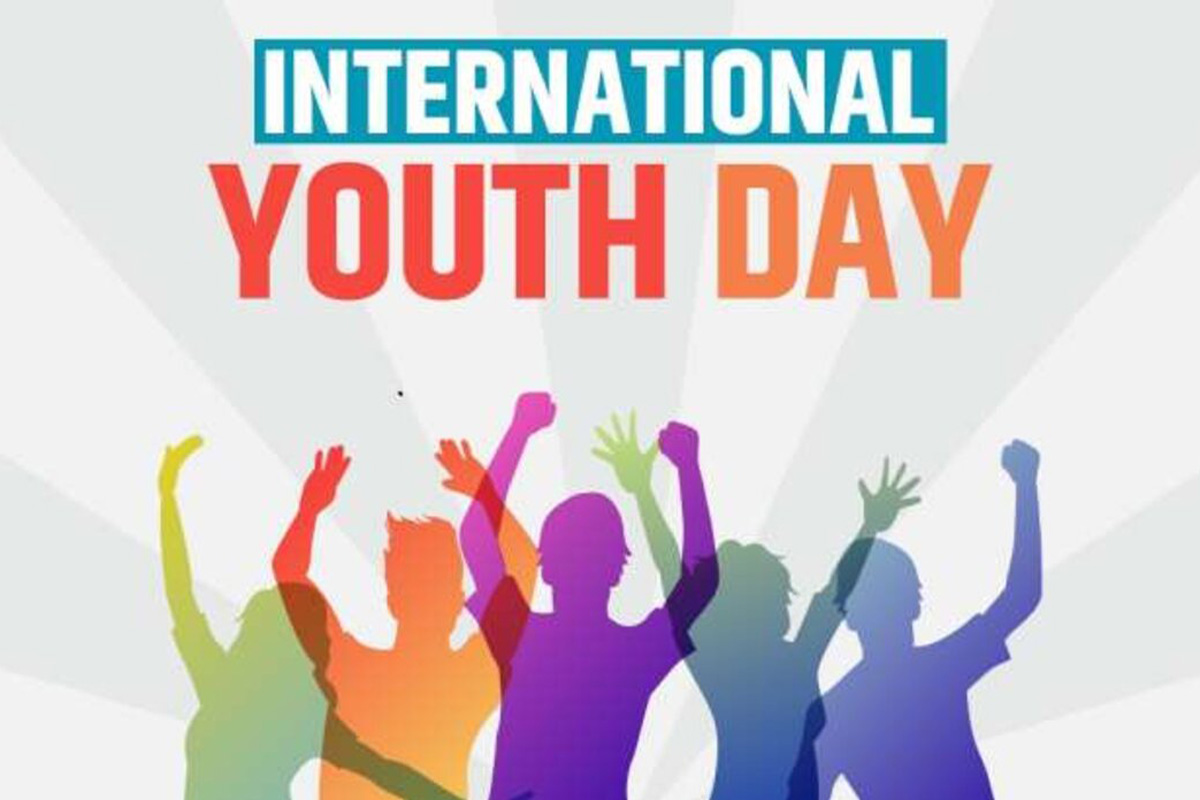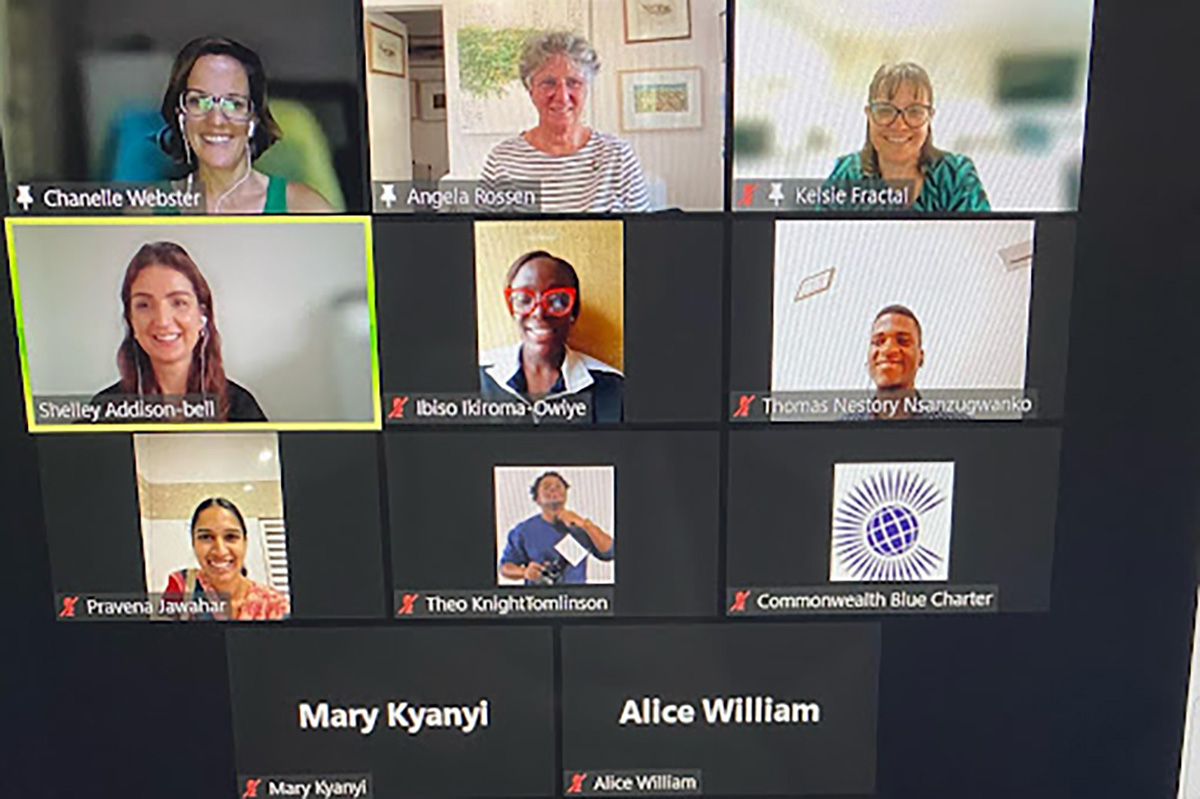Co-Creating Peaceful and Sustainable Futures for and with young people
August 21by Sukanya Podder, King’s College London, and Terri-Ann Gilbert-Roberts, The Commonwealth Secretariat
This International Youth Day, stakeholders around the world focused on strengthening Green Skills for Youth. This is a critical area for investment given the very real climate crisis facing young people. The climate crisis has encouraged intergenerational conversations, solidarity and commitment between generations, with an emphasis on planning for more sustainable futures. It also demands that governments and international agencies commit to creating more equitable access to the use of finite resources such as land and water for young people in the poorest parts of the globe.
When Commonwealth Ministers of Youth meet in London in September, these concerns will also be on their agenda which will cover the intersections between fours subthemes – The 4Es – Education, Employment, Environment and Engagement – as they seek to “Aim Higher to Deliver more for Commonwealth Young People”. The ministerial meeting will have the opportunity to exchange lessons from best practice programmes which train and employ young people in climate and disaster response initiatives and green skills programmes. They will strategize on how to operationalize the policy commitments on the environment and skills building made by the Heads of Government and relevant policymakers in the Commonwealth Living Lands Charter and the Blue Charter.
However, the deliberations on best practices, upskilling and creating new green (and blue) employment opportunities for youth will make little impact for young people living in the world’s most lethal war zones such as Yemen, the Democratic Republic of Congo, Afghanistan, Somalia, and Libya. The recent escalation of conflict in Ukraine, and across west and east Africa in Sudan, Niger, Mali, and Ethiopia are adding to these figures. One recent report, notes that more than 200 million children and young people trapped in war zones, are already at risk of climate change and facing unprecedented levels of hunger and food insecurity.
We know from the global Youth Development Index (YDI) 2023 that, on average, fewer young people are dying today from violence and conflict around the world than 10 years ago. However, the data also shows that the environments in which young people are living are more violent and risky, leaving them with a greater sense of insecurity. The Peace and Security domain of the YDI recorded the smallest global improvement, with its score only improving by 0.2 per cent over 12 years. In fact, since 2020, the score has declined slightly. The average global scores can hide the very pertinent regional and sub-national differences for example between contexts like Mali and Niger in West Africa, and between Sudan and Yemen in East Africa and the Horn, among other cases. Those conflict contexts are also of concern to Commonwealth youth who understand the global impact of risk and insecurity.
The Commonwealth Ministers must use their policy discussions on Engagement to not only examine the targets of Sustainable Development Goal 16 and explore strategies to work with young people to promote peaceful and inclusive societies, but they must also adopt a more holistic approach. One in which the UN Resolutions on Youth Peace and Security (YPS) (UNSCR 2250, 2419, 2535) are incorporated into policy framing in ways that can help identify the insecurity issues within the contexts in which young people are seeking to meet their dreams and aspirations. Peacefulness or lack thereof in living environments is a critical concern for their well-being alongside and links to issues around the direct harm from violence and the increased risk of climate-related disaster and food insecurity that young people face both in and outside war zones.
In fact, the nexus between peace and sustainability must be a critical part of the discussions of all stakeholders, including the Ministers of Youth. The Commonwealth’s Year of Youth theme is Co-Creating Peaceful and Sustainable Futures. This theme points us in the direction of acknowledging the intersection of issues between global and Commonwealth focused agendas. To achieve the UN Sustainable Development Goals, which underscores the 16 principles of the Commonwealth Charter, including the important role of young people and international peace and security to the prosperity of all, it is the time therefore for governments to recommit to new actions which will energise, empower and engage all stakeholders to envision a more peaceful and sustainable future.
As they look towards the UN Summit for the Future and the next Commonwealth Heads of Government Meeting (CHOGM) in Samoa, policymakers must re-commit to the YPS Agenda as a part of an integrated approach to meeting the UN Sustainable Goals. They must strengthen institutional cooperation among the different youth focused agencies across the Commonwealth, in regional development organisations and in the UN Office on Youth and regional development organisations. They must recommit to intergenerational and intersectoral (inter-ministerial) dialogue about how to leverage youth skill and expertise in promoting sustainable development. These discussions must draw operational links between work on agriculture, climate change, disaster management, education and youth engagement in ways that will support co-creation of sustainable development solutions. Finally, they must strengthen the capacity of the Secretariat and the Commonwealth Youth Programme (CYP) to engage with its partners in the United Nations, other multilateral institutions and civil society to better understand, document and monitor the contributions of young people to international peace and security.




